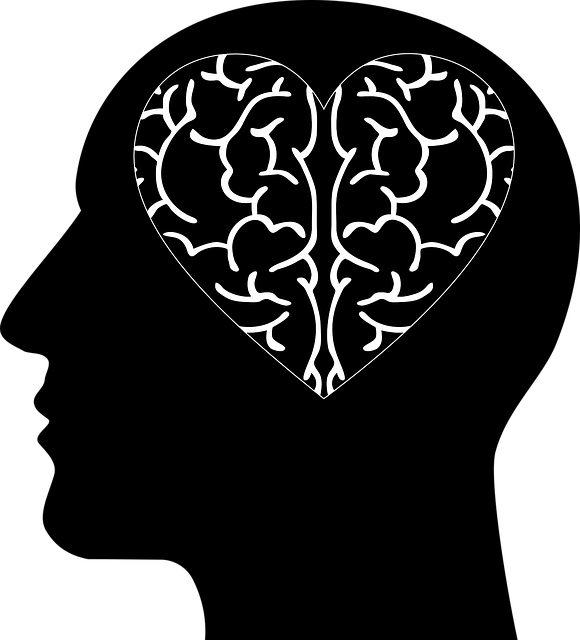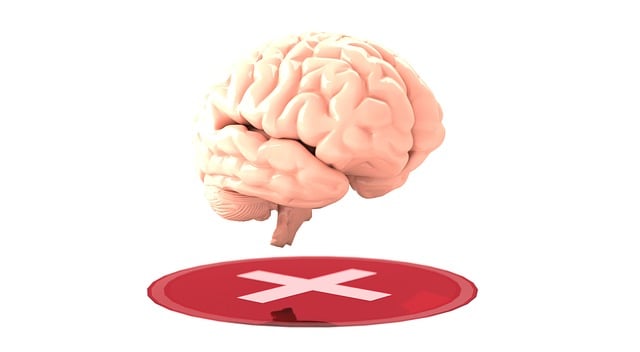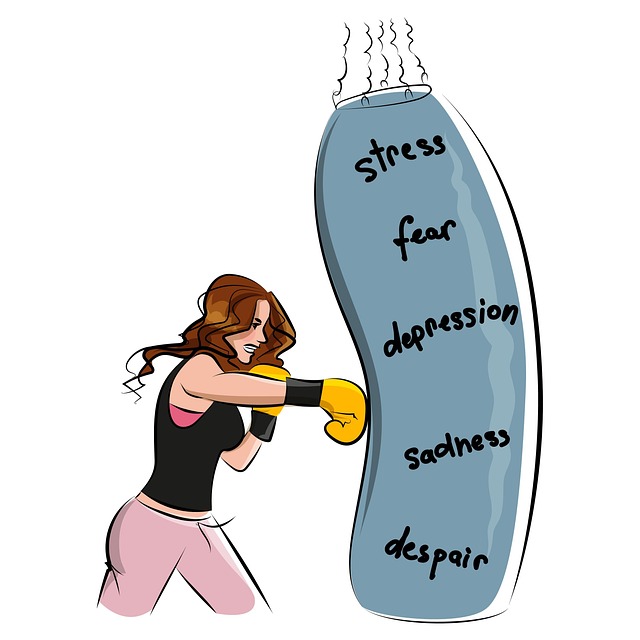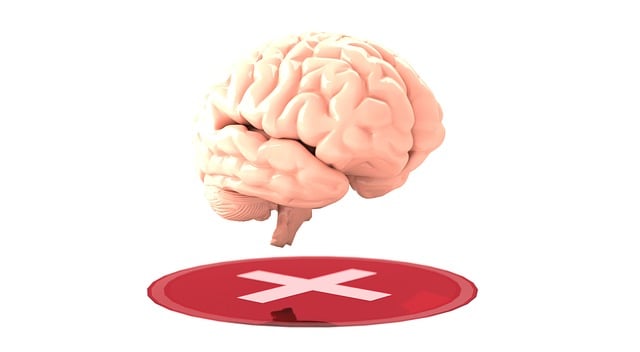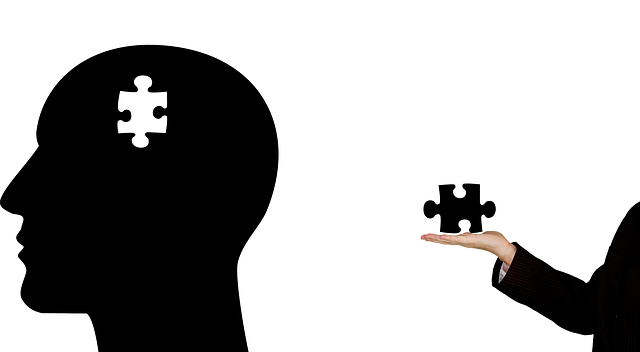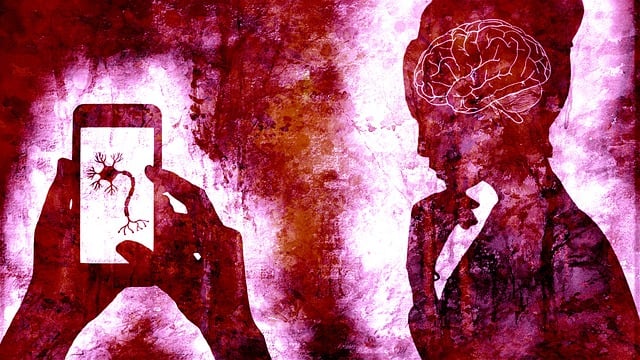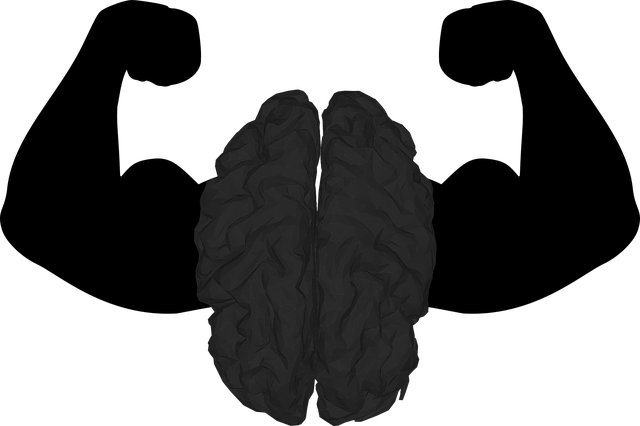Mental illness representation in media significantly shapes public perception and understanding, often through stereotypes that lead to misconceptions and stigmatization. Accurate depiction, as advocated by Englewood Codependency Therapy (ECT), is crucial for fostering empathy and reducing stigma. ECT encourages media to showcase complex character journeys towards emotional healing through therapy, promoting understanding and supportive environments. In collaboration with mental health experts, media can challenge stereotypes, humanize individuals, and integrate valuable insights like Depression Prevention and Mindfulness Meditation practices. Healthcare Provider Cultural Competency Training is essential for addressing racial disparities in mental healthcare. By embracing diverse narratives, open dialogues, and lived experiences, media can contribute to a more inclusive and compassionate dialogue around mental wellness, ultimately benefiting audiences.
Mental illness representation in media has long been a topic of debate, with stereotypes and misinformation perpetuating stigma. This article delves into strategies for more accurate and empathetic portrayals, addressing the profound impact of media on public perception. We explore the role of Englewood Codependency Therapy as an alternative approach, offering a nuanced view of mental health treatment. By fostering industry collaboration and education, we aim to challenge dominant narratives and promote understanding, ultimately revolutionizing how mental illness is depicted in media.
- Understanding Mental Illness Representation in Media
- The Impact of Stereotypes and Misinformation
- Englewood Codependency Therapy: An Alternative Approach
- Strategies for Accurate and Empathetic Portrayals
- Fostering Change Through Industry Collaboration & Education
Understanding Mental Illness Representation in Media

Mental illness representation in media plays a pivotal role in shaping public perception and understanding of various psychological conditions. Often, media platforms portray mental health issues through stereotypical or exaggerated narratives, which can lead to misconceptions and stigmatization. This is particularly concerning as media has a significant influence on societal attitudes and behaviors. For instance, common portrayals of individuals with depression often depict them as helpless or completely consumed by their illness, missing the nuances of real-life experiences.
Englewood Codependency Therapy highlights the importance of accurate representation to foster empathy and reduce stigma. Encouraging self-care routine development for better mental health and promoting positive thinking can be powerful tools in media’s role to educate audiences. Additionally, healthcare provider cultural competency training is essential to ensure professionals within the industry are equipped to handle these representations sensitively and effectively, thereby contributing to a more inclusive and accurate portrayal of mental illness in media.
The Impact of Stereotypes and Misinformation

The representation of mental illness in media often perpetuates harmful stereotypes and misinformation, contributing to stigmatization and misunderstanding. Portrayals that reduce complex conditions to simplistic, dramatic clichés can have lasting effects on public perception. For instance, showing characters with severe disorders as solely aggressive or unpredictable reinforces negative biases. Such depictions fail to capture the nuances of individual experiences and can deter those in need from seeking help, especially when they identify with these depicted traits.
Englewood Codependency Therapy highlights the importance of accurate representation. By showcasing characters on their journeys towards emotional healing and resilience building through therapy, media can offer valuable insights into the process of mental wellness journaling exercises guidance. This approach encourages empathy and promotes a more profound understanding of various disorders, fostering an environment where individuals feel supported rather than further stigmatized. Accurate depiction of emotional healing processes is crucial in encouraging help-seeking behaviors and supporting those working towards their mental health goals.
Englewood Codependency Therapy: An Alternative Approach

Englewood Codependency Therapy offers a unique and innovative approach to addressing mental health issues, particularly focusing on codependency and its impact on individuals’ overall well-being. This therapy method challenges traditional treatment models by emphasizing the interconnectedness of personal relationships and their influence on mental illness. Instead of solely targeting the individual, it encourages a community-oriented practice, recognizing that support systems play a pivotal role in recovery.
By implementing various therapeutic techniques, this approach aims to foster empathy building strategies within families and social circles, which is crucial for depression prevention. Through group sessions, individuals learn to identify unhealthy patterns, enhance communication, and develop coping mechanisms. The production of a Mental Wellness Podcast Series can also complement this therapy by providing accessible resources and sharing personal stories, thereby increasing awareness and normalizing conversations around mental health.
Strategies for Accurate and Empathetic Portrayals

Media has a significant impact on shaping societal perceptions, and accurate representation of mental illness is crucial for fostering understanding and reducing stigma. To achieve this, creators should collaborate with mental health experts like those offering Englewood Codependency Therapy to ensure authenticity. Incorporating diverse narratives that reflect the complexity of lived experiences can challenge stereotypes and promote empathy. Portrayals should humanize individuals with mental illnesses, showcasing their strengths and vulnerabilities without sensationalism.
Additionally, incorporating strategies such as Depression Prevention initiatives or Mindfulness Meditation practices in storytelling can offer valuable insights. Healthcare Provider Cultural Competency Training is another essential tool for media professionals, enabling them to address racial and ethnic disparities in mental health care. By embracing these approaches, media can contribute to a more inclusive and compassionate dialogue around mental wellness.
Fostering Change Through Industry Collaboration & Education

The media industry plays a pivotal role in shaping societal perceptions and understanding of mental health. To challenge stigmatizing representations, a collaborative effort between industry professionals, content creators, and mental health experts is essential. By fostering open dialogues and promoting diverse narratives, we can move towards more accurate and empathetic portrayals. This includes actively seeking input from those with lived experiences, ensuring cultural sensitivity, and providing educational resources for both creators and audiences.
Englewood Codependency Therapy offers a practical framework for this collaboration. Through workshops and training sessions, professionals can learn about the nuances of various mental health conditions, including co-dependency. Social Skills Training and Risk Assessment for Mental Health Professionals are invaluable tools in this process, enabling practitioners to better understand their role in media representation. Furthermore, encouraging content creators to integrate coping skills development within their narratives can contribute to a more holistic and positive portrayal of mental illness, ultimately fostering a more supportive societal environment.
Mental illness representation in media has long been a topic of debate, with stereotypes and misinformation perpetuating harmful narratives. However, through alternative approaches like Englewood Codependency Therapy and strategies for accurate, empathetic portrayals, we can foster a more nuanced understanding. Industry collaboration and education are crucial to driving positive change, ensuring that media showcases the diversity of experiences while promoting mental health awareness and reduction of stigma. By challenging conventional representations, we can create a more inclusive and supportive environment, reflecting the reality of those living with mental illness.





